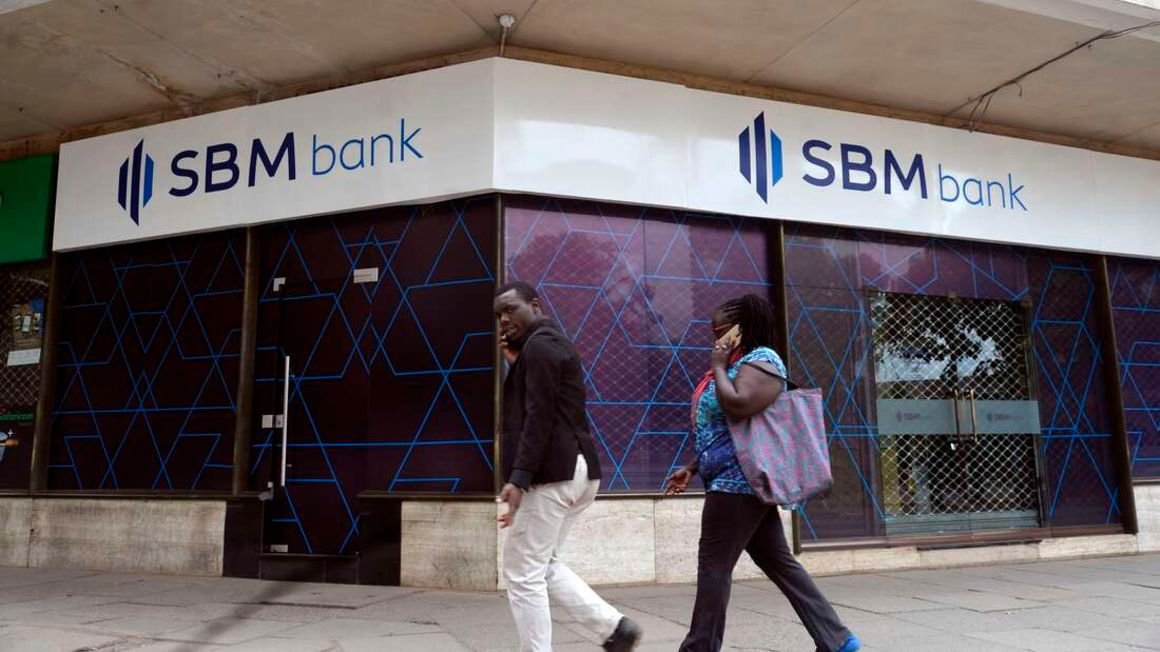- The Daily Brief, by The Kenyan Wall Street
- Posts
- Inside CBK's Plans for a Retail Bond System
Inside CBK's Plans for a Retail Bond System
Here's what you need to know to start your week

CBK Launches Retail Bond System Tender Days After NSE Hits Record Turnover
By Harry Njuguna

The Central Bank of Kenya (CBK) has launched a high-stakes tender for its own retail bond system, a move that comes just as the Nairobi Securities Exchange (NSE) breaks new ground in secondary bond market activity.
On July 21—only three days before CBK unveiled its plan—the NSE’s secondary bond market reached a record KSh 1.552 trillion in turnover, surpassing last year’s full-year total with five months still left in 2025.
If the current pace continues, market turnover could exceed KSh 2.5 trillion by year-end, reinforcing the NSE’s dominance as the core venue for government securities trading.
The tender, published July 24, seeks a full-service information system for retail investors—one capable of handling bond issuance, sales, settlement, and investor servicing.
While the official aim is to expand retail access and digitize the process, the system’s end-to-end scope has fueled fears that CBK could build infrastructure parallel to, or even bypassing, the NSE’s established secondary market role.

Such a move would put the exchange’s KSh 2 trillion secondary bond turnover business at risk, along with significant revenues for brokers, custodians, and other market intermediaries.
The move coincides with the NSE’s own plan to attract 9 million new retail investors by allowing everyday Kenyans to build wealth through direct trading access, diversified products, and an expanded agency network. The plan has faced some backlash from market intermediaries but both the NSE and CBK seem to be after the same goal: democratizing the capital markets so anyone can invest as easily in bonds and shares as they do in almost everything else.
Also Read
Capital Markets
NSE Gainers & Losers Last Week

Tech Frontier

The National Kenya Computer Incident Response Team – Coordination Centre (KE-CIRT/CC) reported 80.7% jump in cyber threats between April and June 2025. The bulk of these are Distributed Denial-of-Service (DDoS) attacks, often fueled by compromised Internet of Things (IoT) devices, which surged 255.6%. Android devices and smart TVs were frequently compromised, often due to poor credential management and insecure supply chains. Read More.

On average, 1 gigabyte (GB) of data in Sub-Saharan Africa costs 2.4% of monthly income. The Global Findex 2025 report by World Bank highlights that the region bears the highest mobile data costs globally as a percentage of household income, with 6 out of the world’s 10 most expensive economies for mobile data located within its borders. Read More.
Stories you missed
On your watchlist
Keep up with what’s happening on our X, Telegram and LinkedIn pages. Stay updated with the latest financial news on our website The Kenyan Wall Street.
Have a great week ahead!







